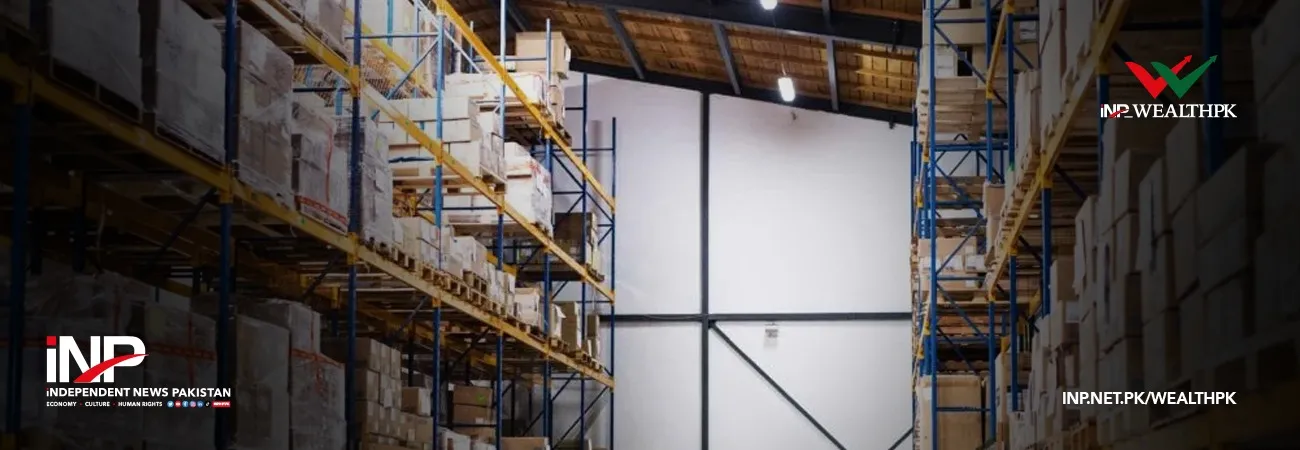INP-WealthPk
Muhammad Asad Tahir Bhawana
The Value Added Tax (VAT) system in Pakistan has encountered several deficiencies and challenges that have affected its effectiveness. These problemsinclude the distortion of VAT due to the addition of input taxes in prices, the discouragement of capital investment, fraudulent behaviours in relation to VAT, inter-provincial and federal-provincial disputes, and administrative issues. In this context, the Islamabad Policy Research Institute (IPRI) has come up with several suggestions to address these problems. It has called for setting up theNational Tax Authority (NTA), which could serve as the sole collector of taxes at both the provincial and federal levels to ensure better harmonisation between different tiers of the government and possess the necessary expertise in taxation. The NTA would be accountable to the parliament through the minister of finance and revenue and overseen by an independent board of management, representing all provinces.
This integration would streamline tax collection and eliminate the need for separate tax returns for sales tax to provinces and the federation, reducing confusion and facilitating effective record-keeping. To enhance tax compliance and intelligence, the implementation of a tax intelligence system (TIS) could be considered. The TIS would send notices to potential taxpayers, providing them with an estimate of the department's expectations regarding their tax returns. Integration between sales tax collections on goods and services, income tax returns, and property taxes would improve data analysis and identification of irregularities. Further, to address the issue of exemption creep, exemptions should only be applied at the final stage of consumption, thus minimising cascading effects. This ensures that the benefit of exemptions is borne by the ultimate consumer, preventing distortions in the system. Double taxation resulting from the purchase of items such as cars for businesses can be mitigated through the development of a specific mechanism in consultation with business stakeholders. This mechanism should establish a policy to prorate input taxes for items that are not directly linked to business activities, reducing the burden of double taxation.
Moreover, encouraging capital investment requires the exemption or zero-rating of capital goods, allowing businesses to recover input taxes more quickly and stimulate investment. To combat fraudulent behaviours related to input tax, refund limitations should be imposed, primarily benefiting exporters. Additionally, zero-rating on domestic supplies, particularly in high-fraud sectors such as textiles, should be discontinued. Similarly, efficient auditing is crucial for an effective VAT system. Comprehensive and institutionalised audit methods should be implemented, including simultaneous reviews of income tax, wealth statements, and VAT returns. Unannounced visits to taxpayer premises, scrutiny of appropriate records, and proper invoice verification are essential to identify and address fraud. Post-refund audits for compliant taxpayers and pre-refund audits for high-risk claimants can serve as deterrents against fraudulent activities. Raising the threshold for exemption would help eliminate inefficiencies in the market and reduce compliance costs, particularly for small and medium-sized enterprises. Implementing these suggestions can contribute to improving the VAT system in Pakistan, ensuring better tax compliance, reducing distortions and fraud, and promoting economic growth.
Credit: INP-WealthPk













